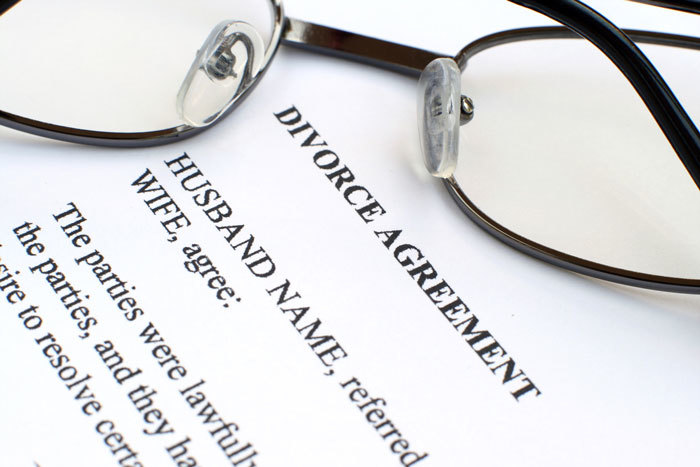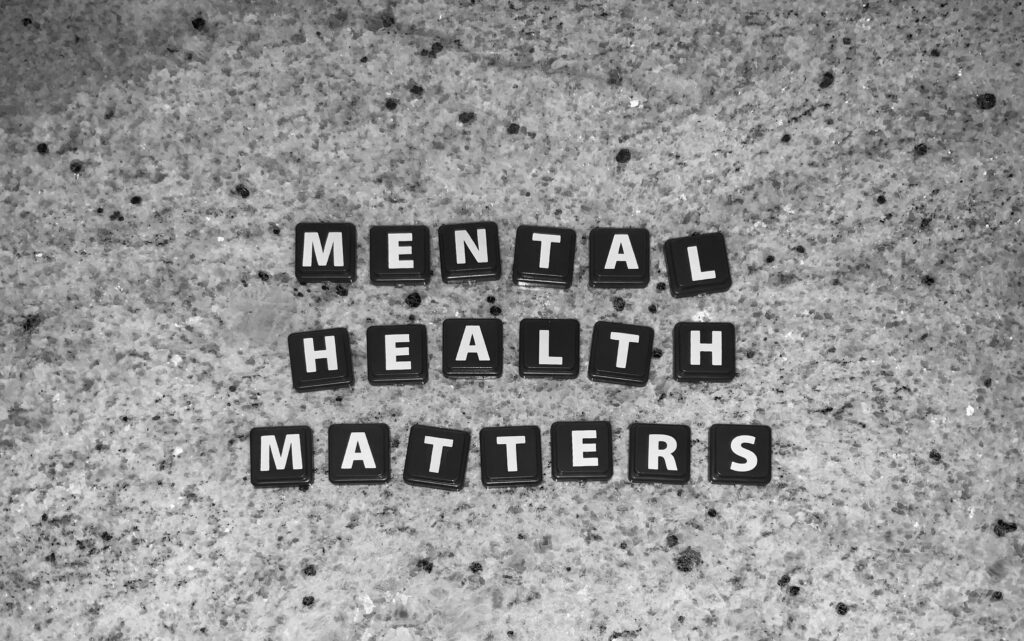Congratulations! You have survived the often arduous process of getting divorced and are now officially single again. While you may have gotten through the most difficult parts, remember that several items on your to-do list are waiting for your attention now that your divorce has been finalized. They follow.
Abide by your divorce order.
First and foremost, it is imperative that you comply with the terms of your final divorce decree, even if your divorce was an amicable one and you and your ex remain friends. As a reminder, your divorce decree is a legally binding contract, and if you breach it, there could be severe consequences that you won’t like.
Given how you may need to refer to your divorce decree as time goes on, it is a good idea to keep it and any other court documents safe and accessible. Abiding strictly by the court’s orders will help you avoid any legal complications down the road. Time will not make your divorce decree any less enforceable.
Inform whoever needs to know of your divorce.
Once your divorce is finalized, you must inform the various institutions you have dealings with about your new marital status. This includes insurance companies, banks, and other financial institutions.
Double-check that your name has been removed from any accounts as stipulated in your divorce decree, and retitle any assets that need to be in your name alone. These can include property titles and vehicle registrations. Checking that all relevant parties are updated will help prevent any mix-ups or legal issues related to your financial affairs.
Update your estate plan or create one.
Updating your estate plan or creating one after divorce protects your assets so your wishes will be honored when the time comes. If you don’t have a comprehensive estate plan, now is the time to create one.
Remember to also update the beneficiaries on any life insurance policies or bank accounts you have. This step is important in protecting your estate and making sure your assets go where you intend them to.
Many accounts, such as a 401k or IRA, are payable on death (POD), meaning they will pass outside the will if there is one and directly to the beneficiaries you have named on these accounts. If you die intestate (without a will), POD assets will still go to the beneficiaries you have named.
What can happen without making these changes or creating an estate plan? If your ex-spouse is still listed as a beneficiary for an asset that is payable on death, the law won’t care that you are divorced. You also may not want your ex-spouse making any health care decisions on your behalf should you be unable to make them for yourself.
Change your name.
If you plan to change your name during the divorce process, inform your Seattle divorce lawyer of your intentions. The processes for changing your name during the divorce process and after your divorce has been finalized are different. You can read more about changing your name in Washington state here.
Once your name has been changed, in whichever manner you choose, contact the Social Security Office to update your social security card. Additionally, be sure to change your name on your driver’s license, passport(s), and any other official documents. Promptly updating your name will help you avoid complications and keep your records consistent.
Review your credit.
The period following your divorce is an excellent time to assess your credit health, which you can do for free online. It is also a healthy practice to review your credit report regularly to ward against identity theft or future errors in reporting.
If you do not have a credit card or bank account in your name alone, now is the time to open one. Establishing or rebuilding your credit is a fundamental step in achieving financial independence. Understanding your credit score can likewise help you make informed financial decisions and, as you do so, improve your credit score over time.
Create a post-divorce budget.
Your financial situation may change, perhaps significantly, after a divorce. Whether it does or does not, reviewing and adjusting your financial plan is still a good idea, especially if you and your ex-spouse have divergent views on money management.
So, don’t be afraid to create a new budget that reflects your current income and expenses. Aim to establish a savings account that you can rely on in case of financial setbacks, earmarking it as an emergency fund. If you can, save enough to cover at least three to six months of living expenses. If you cannot do so immediately, work up to that amount by saving as much as your budget allows each month.
Analyze current investments and hire a new financial advisor.
Review your current investment portfolio so that it aligns with your new financial goals and level of risk tolerance. If you had a financial advisor before your divorce, consider hiring a new one to get a fresh perspective on your finances and prevent your personal information from being compromised, even inadvertently. Slips of the tongue can happen.
Consider specifically hiring a certified divorce financial planner to help you navigate your new financial terrain. If you don’t know of anyone, ask your Seattle divorce attorney to provide recommendations for financial professionals they have vetted, trust, and work with often.
Run new tax projections and retitle assets.
Divorce can significantly impact your tax situation. Therefore, make it a priority to run new tax projections so you understand how your filing status, income, and deductions have changed as a result of your divorce. Like your financial advisor, you may also want to hire a certified public accountant who is not affiliated with your ex-spouse.
Update existing and, if necessary, obtain additional insurance coverage.
Similar to your bank accounts, change the beneficiaries on all of your insurance policies, including those for health, life, auto, and your home. Review your insurance coverages to make sure they meet your current needs (or obligations) and update those accordingly. Additionally, consider obtaining disability insurance to protect yourself in case of illness or injury that prevents you from working.
Celebrate your independence.
Take a moment to celebrate your newfound independence. Treat yourself to something special, like a great pair of shoes or a weekend away (or whatever indulgence your budget allows), and pat yourself on the back for spearheading this challenging transition.
Embrace this new chapter with confidence and optimism, knowing you are taking the steps to become the best version of yourself. Then, enjoy your new life and the opportunities it brings. By carefully attending to these important post-divorce steps, you are setting the stage for a stable and fulfilling future.
Find a Seattle family law attorney to help you transition into your post-divorce life.
The divorce process may end with the finalization of your divorce, but the divorce support a family law attorney can provide afterward does not have to. A skilled and experienced legal professional can assist you in attending to any of the above issues.
Once your legal, financial, and personal matters are in order, you will be able to transition much more easily into your next chapter, something our team at Elise Buie Family Law takes immense pride in. It is the very reason why we have been compiling post-divorce resources for our clients to access for nearly a decade — because we believe in you. Call our team of Seattle family law attorneys or schedule a consultation.










